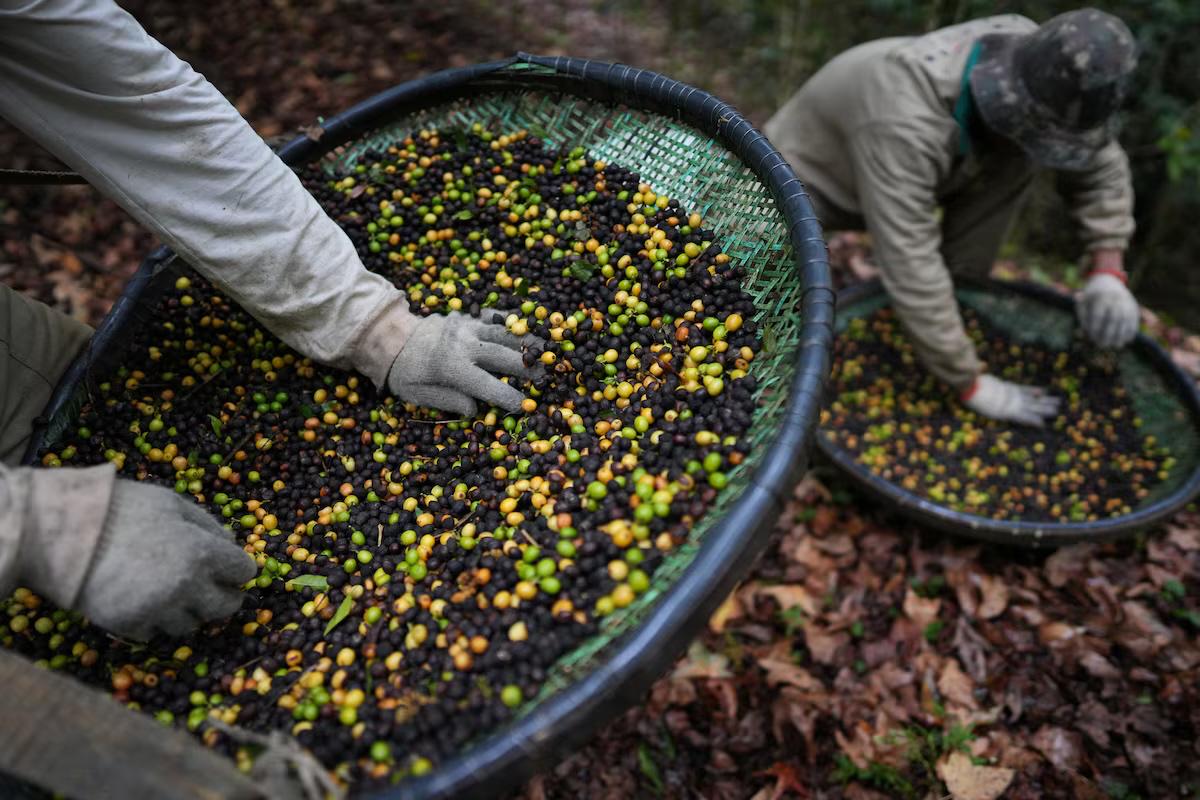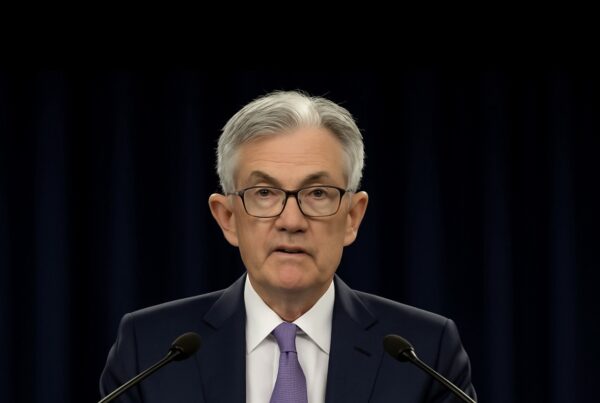Jacu Bird Coffee from Brazil continues to attract global attention even as the country’s conventional coffee sector suffers under new U.S. tariffs. While mass-market coffee struggles with declining competitiveness, this rare specialty product, which passes through the digestive tract of the Jacu bird, is proving resilient in the premium segment.
The tariffs imposed by Washington have weakened Brazil’s ability to compete in one of its key markets. Yet, high-value specialty coffee has maintained its position. This contrast highlights how product diversification is crucial to weather protectionist trade policies.
Brazil’s Coffee Industry Under Tariff Pressure
The new U.S. tariffs have created significant challenges for exporters from the world’s largest coffee producer. Brazil, long a dominant supplier to global markets, now faces declining orders and rising shipping costs.
Farmers in Minas Gerais and Espírito Santo, Brazil’s main coffee-growing regions, are feeling the immediate impact. Exporters are paying less, leaving many smallholders struggling with lower incomes. Communities that rely heavily on coffee production are facing economic uncertainty.
Decline in Conventional Coffee Exports
Brazil’s conventional coffee exports have dropped since the tariffs took effect. Major trading companies report canceled contracts and renegotiations with U.S. importers. As a result, many are now targeting new markets in Asia and Europe.
Brazil’s Government Response
The Brazilian government has pledged to challenge U.S. tariffs through diplomatic channels. Officials also stress the importance of diversifying export destinations to reduce reliance on the American market.
Jacu Bird Coffee Defies the Trend
In contrast to conventional exports, Jacu Bird Coffee is thriving. This specialty is produced through a unique process: Jacu birds consume ripe coffee cherries, and the beans, once excreted, are collected, washed, and carefully processed.
The result is a coffee with distinct flavor characteristics that cannot be replicated by traditional methods. This story of natural fermentation has boosted its reputation as one of the most exclusive coffees in the world.
Stable Premium Market
Even with higher price points, demand for Jacu Bird Coffee remains steady. Consumers in Europe, Japan, and the Middle East continue to seek out the rare brew, showing that the premium market is less vulnerable to external shocks.
High Market Value
Prices for Jacu Bird Coffee can reach several hundred dollars per kilogram. This high value ensures healthy profit margins for producers and farmers, shielding them from the downturn faced by conventional exporters.
Global Recognition
Marketing and storytelling have further fueled its appeal. Often compared to civet coffee from Southeast Asia, Jacu Bird Coffee has carved out its own identity. The bird’s exotic role in the production process adds to the fascination for coffee connoisseurs.
A New Path for Brazil’s Coffee Future
The success of Jacu Bird Coffee offers a lesson for Brazil’s broader coffee industry. In a world where tariffs and trade barriers are unpredictable, innovation and quality are proving more sustainable than volume alone.
Producers are increasingly recognizing that the future of coffee lies not just in mass output, but in premium niches that command higher returns.
Shift Toward Specialty Production
Farmer cooperatives are beginning to adopt practices tailored for specialty markets. These include selective harvesting, careful bean sorting, and advanced post-harvest processing techniques designed to elevate quality.
Industry Push for Export Incentives
Brazil’s coffee associations are urging the government to provide incentives for specialty exporters. Advocates argue this would strengthen market diversification and help shield the industry from protectionist measures abroad.
Long-Term Prospects
If specialty trends continue to grow, Brazil could reduce its reliance on mass-market exports. The model set by Jacu Bird Coffee demonstrates that branding and uniqueness can protect producers from external market risks.
Despite heavy pressure on Brazil’s coffee sector from U.S. tariffs, the success of Jacu Bird Coffee shows that exclusivity and quality can overcome global trade turbulence. This rare specialty stands as a symbol of resilience, and perhaps the future of coffee itself lies more in uniqueness than in sheer quantity.
For the latest updates on global trade and commodity markets, continue reading other reports on Olam News.




